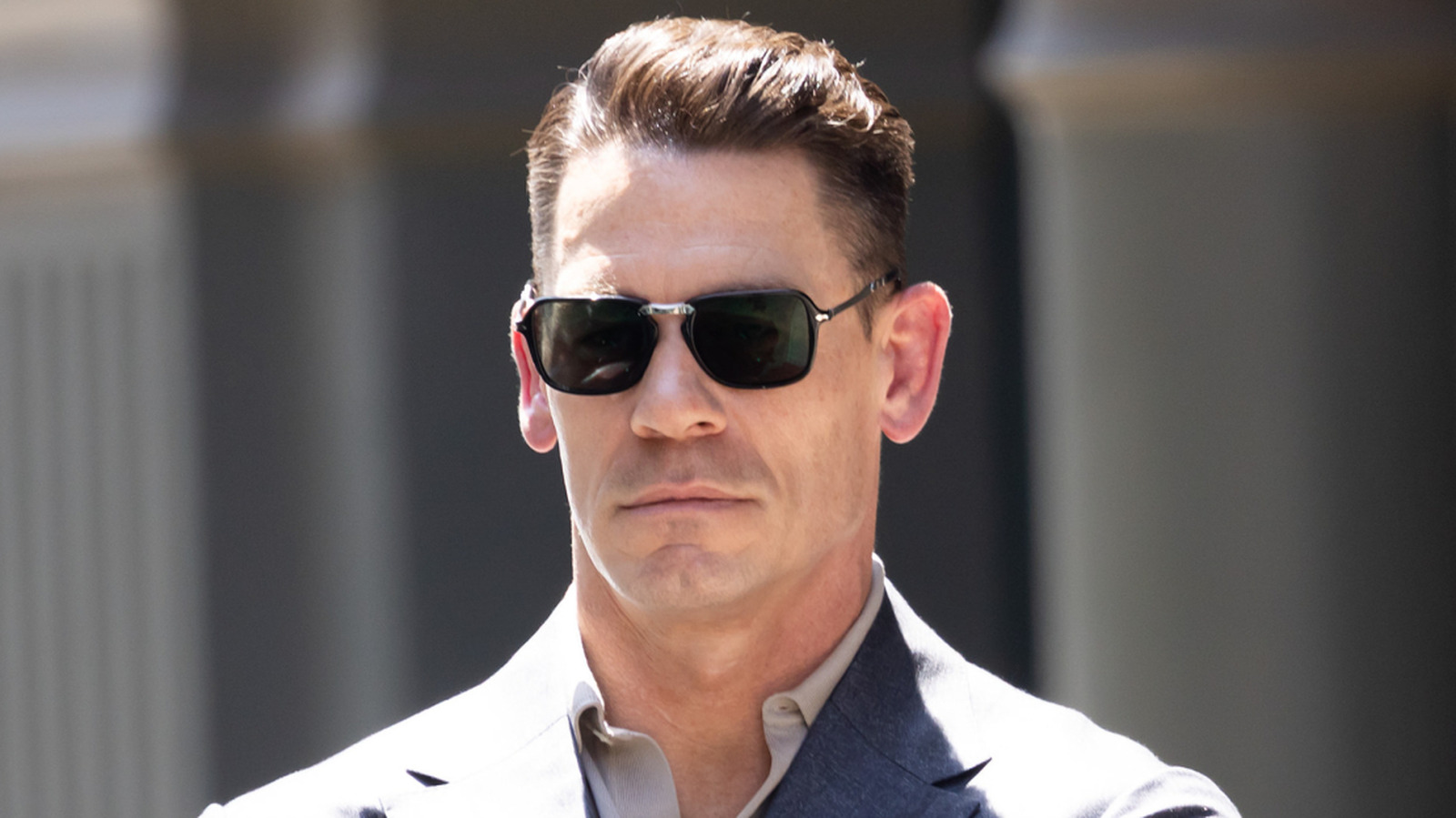In the high-stakes world of professional wrestling, where egos clash as fiercely as bodies in the ring, few tales reveal the raw underbelly of WWE like Gabbi Tuft’s backstage showdown with John Cena. The incident, which nearly derailed her career before it truly ignited, underscores the intense WWE backstage politics that can make or break a wrestler’s dreams.
Back in the late 2000s, when Tuft was still performing as Tyler Reks—a midcard talent scraping by on WWE’s developmental shows and occasional main roster spots—she adopted a signature move called the Burning Hammer. This high-impact finisher, a twisting suplex that drops an opponent on their head, had been a staple in her arsenal for months without raising eyebrows. She even claimed to have gotten the green light from higher-ups, including then-WWE Chairman Vince McMahon himself, to use it on the lower-tier program WWE Superstars.
That changed dramatically after a match against Eddie Colon, better known as Primo. Tuft executed the Burning Hammer, but Colon took the landing awkwardly—on his back instead of his stomach—making it visually resemble Cena’s own powerhouse finisher, the FU (later rebranded as the Attitude Adjustment). What seemed like a minor botch to Tuft exploded into a full-blown confrontation the very next day. Cena, WWE’s golden boy and top draw at the time, spotted the clip and confronted her backstage with unfiltered fury.
“He stormed up to me and said, ‘What do you think you’re doing? I thought I told you to get a new finisher,'” Tuft recounted in a recent interview, her voice still carrying the sting of that moment years later. Despite her attempts to explain the mishap and reassure him that it wasn’t intentional mimicry, Cena allegedly doubled down, belittling her efforts and issuing an ultimatum: “Find another finisher, or you’re fired.” The words hit like a steel chair to the gut. As a full-grown man in his prime, Tuft felt utterly humiliated, reduced to a scolded rookie by one of the company’s untouchable stars.
The John Cena heat wasn’t just verbal—it seeped into the locker room dynamics that define WWE wrestler stories. Tuft, already navigating the frustrations of lower-card obscurity alongside tag partner Curt Hawkins, stepped outside to compose herself. Tears welled up as she seriously contemplated walking away from the dream she’d chased since signing her developmental deal in 2008. “I was ready to quit, to just pack my bags and leave it all behind,” she admitted. The wrestling business, with its blend of athleticism and cutthroat ambition, had exposed its darker side: a hierarchy where top talents like Cena could wield influence that stifled up-and-comers.
Public reactions to Tuft’s retelling have been a mix of shock and solidarity. On platforms like Reddit and wrestling forums, fans have dissected the anecdote, with many praising Tuft’s vulnerability in sharing it amid her post-transition journey. “It’s wild how one moment can make you question everything,” one commenter noted on a SquaredCircle thread, echoing the broader sentiment that Tyler Reks WWE experiences highlight the mental toll of the industry. Wrestling veterans, too, have chimed in; former WWE creative writer Brian Gewirtz once alluded to similar tensions in his book There’s Just One Problem, painting a picture of Cena as a fiercely protective performer who guarded his moveset like a trademark.
For U.S. wrestling enthusiasts, this story resonates deeply in an era where WWE’s product is more accessible than ever via Peacock streaming and sold-out arenas. It spotlights the Gabbi Tuft transition not just as a personal triumph—Tuft publicly came out as transgender in 2021 and has since built a fitness empire with Body Spartan—but as a lens on the sport’s evolving culture. Cena’s legacy, now under scrutiny as he nears retirement on December 13, 2025, includes these shadowy chapters that contrast his charitable public image. With WWE under new leadership post-Vince McMahon scandals, fans hope for a more inclusive environment where talents like Tuft could return without fear of backstage reprisals.
Tuft didn’t quit that day. After cooling off, she approached Cena again, offering an apology to smooth things over. He accepted, but the damage lingered; she swapped the Burning Hammer for a safer combo of moves and soldiered on until her 2012 release. Today, at 47, Tuft eyes a comeback, vowing to eclipse icons like Cena and The Rock. “I want to own the house,” she declared in a 2024 interview, her resolve forged in that crucible of conflict.
This clash remains a pivotal WWE backstage politics footnote, reminding us that behind the pyrotechnics and cheers, wrestling’s real drama often unfolds off-camera. As Tuft’s story gains fresh traction, it invites reflection on accountability in a multibillion-dollar empire.
By Sam Michael
Follow us and subscribe for push notifications to stay ahead of breaking wrestling scoops like this—your ringside alerts, delivered instantly.
Gabbi Tuft John Cena, WWE backstage politics, Tyler Reks WWE, John Cena heat, Gabbi Tuft transition, WWE wrestler stories, Burning Hammer finisher, Cena Attitude Adjustment, midcard WWE struggles, transgender wrestler comeback
